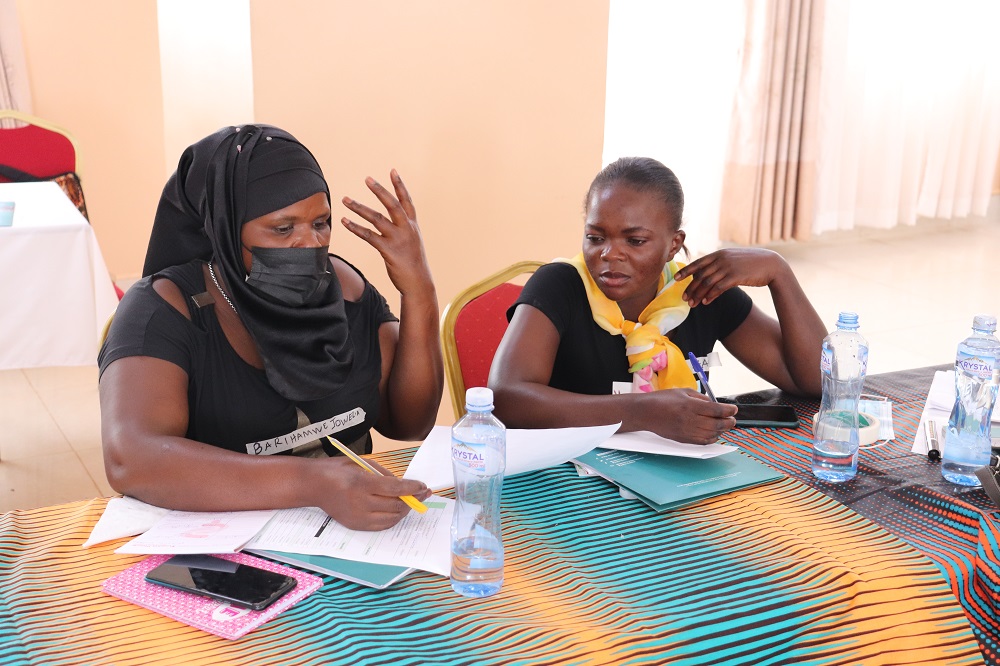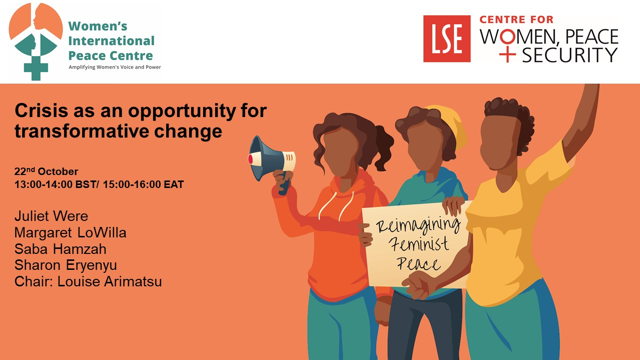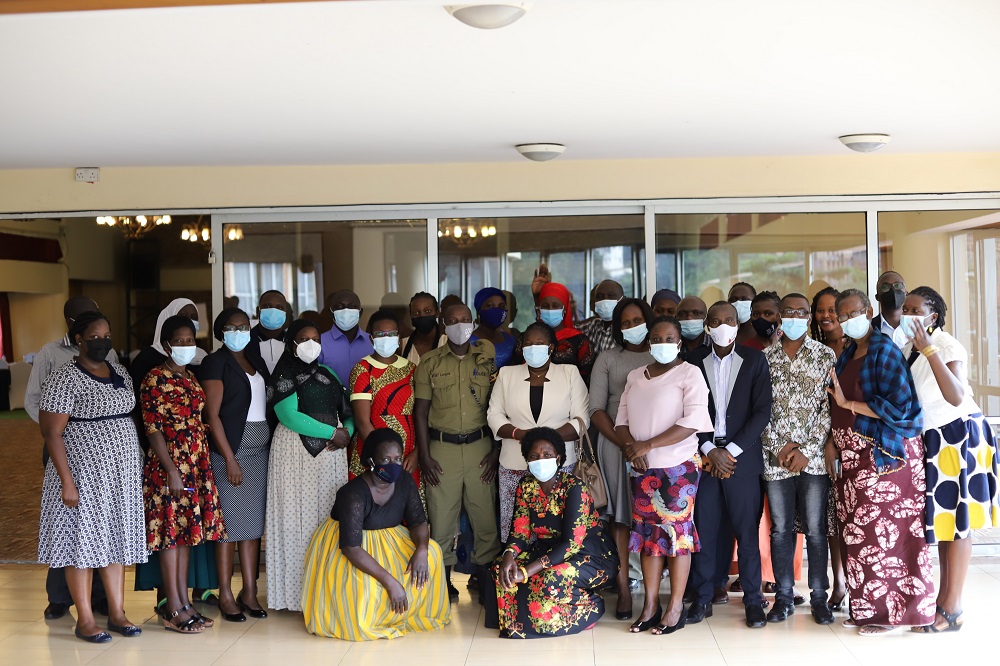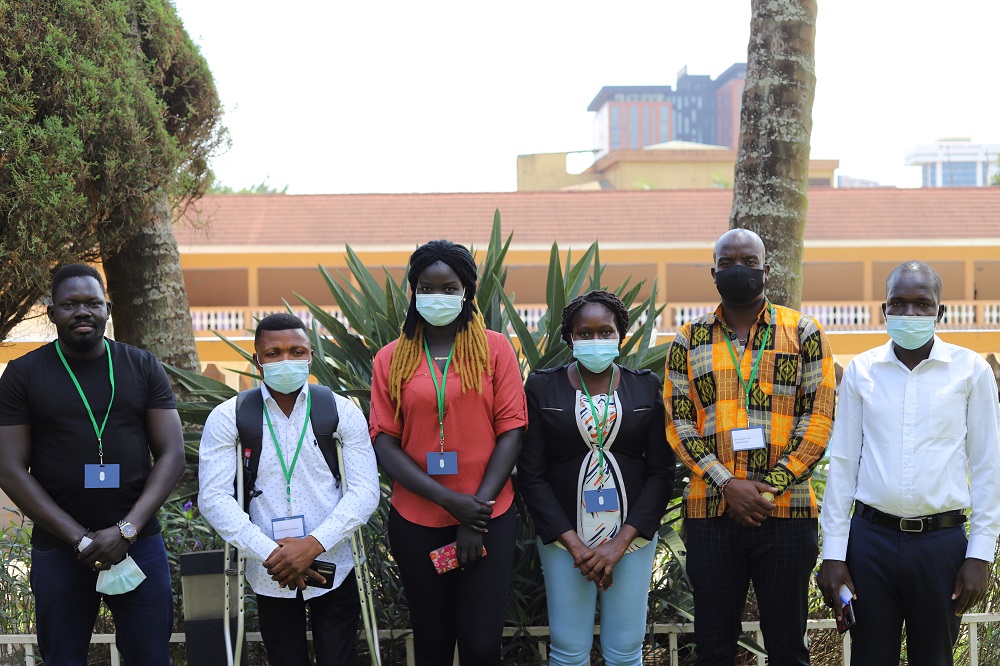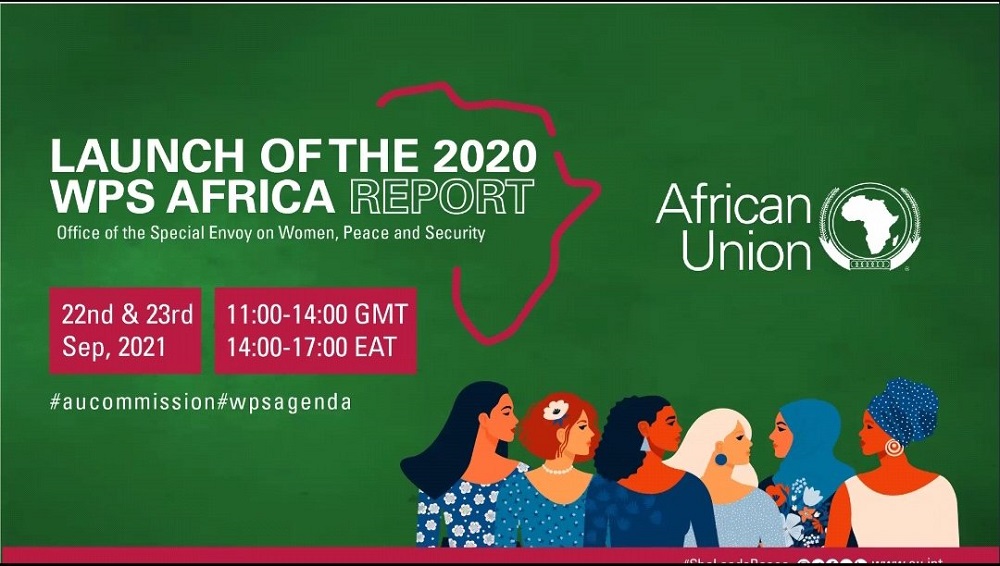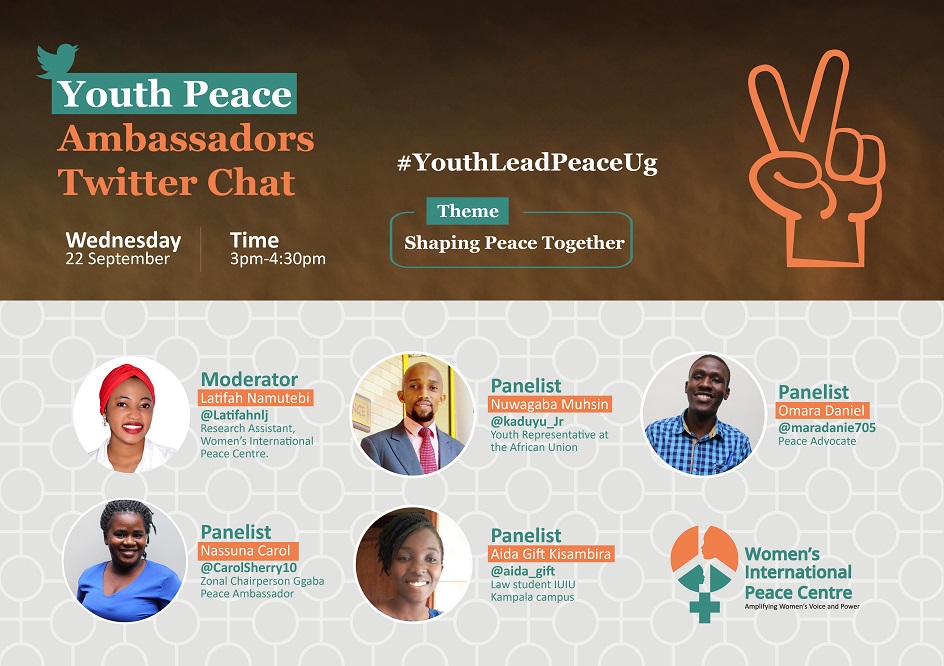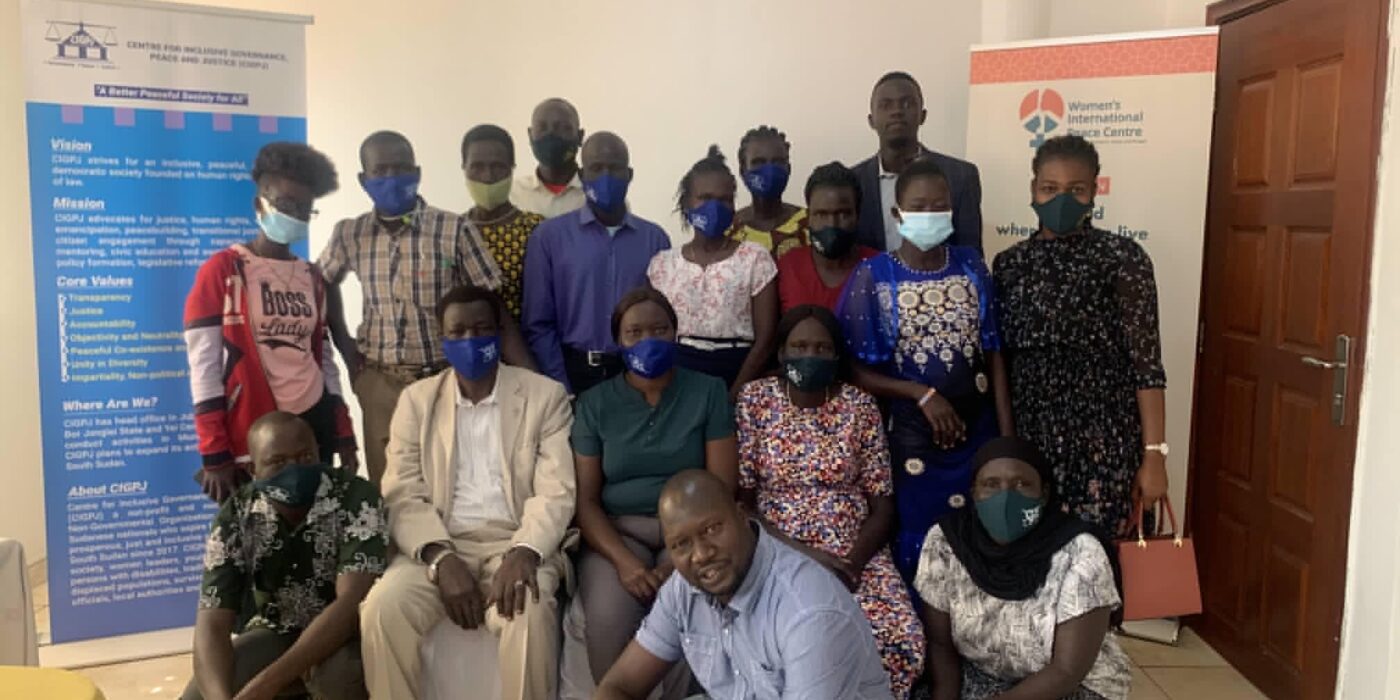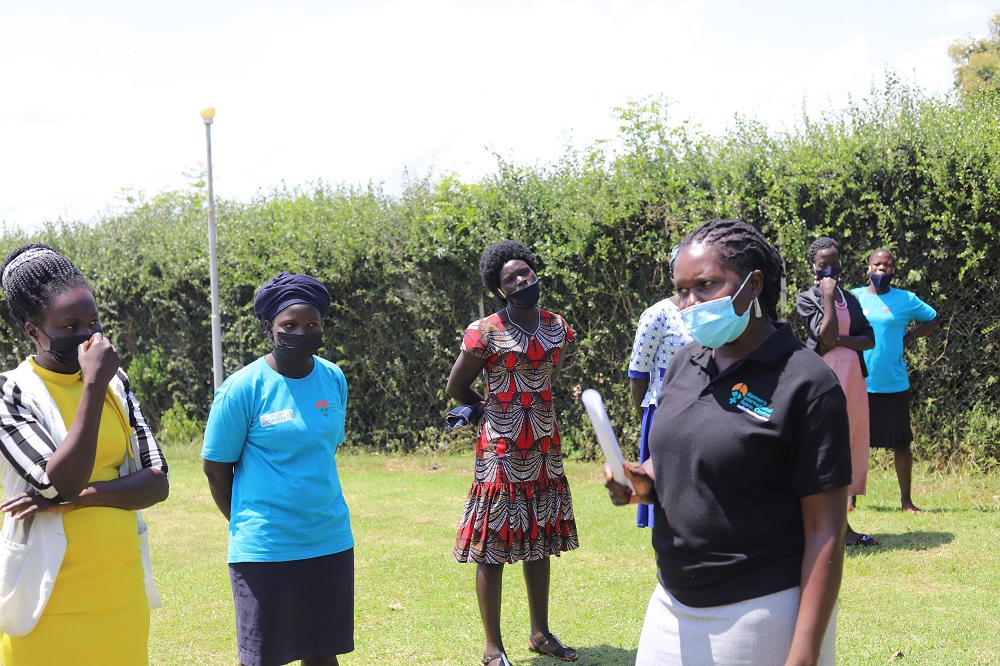Women human rights defenders (WHRDs), peacebuilders, advocates for gender equality and other civil society leaders play a critical role in advancing peace, human rights and gender justice. Yet they are under attack for doing so. The Peace Center joined WHRDs in presenting their key recommendations for diplomatic missions to better protect their critical work in a gender responsive and transformative manner and the specific protection needs that WHRDs have. This was to inform Mission leads, staff and policy makers will gain insight in the gap between policy, protocols and practice. From WHRDs first hand, they will receive concrete ideas on how to bridge that gap and how to continue meaningful engagement with WHRDs.Over 180 (W)HRDs, mission staff, representatives of (I)NGOs, Member States and multilateral organizations registered for the event.
The discussion kicked off with a context setting that involved a look at the current situation for WHRDs and why they need specific protection measures This was followed by a Panel conversation by panelists;
Richard Arbeiter, Ambassador and Deputy Permanent Representative of Canada to the United Nations in New York
Caecilia Wijgers, Ambassador of the Netherlands to Afghanistan
Caroline Rucah, Executive Director Lets Be Tested Queens (Western Kenya LGBTQI+ Feminist Forum)
And Sandra Tumwesigye, Communication & Advocacy coordinator Women International Peace Center
The Panel took on discussing key recommendations for gender responsive and transformative protection that addressed; How diplomatic missions support individual WHRDs’ physical, mental, and economic safety. How diplomatic missions strengthen women’s rights organizations’ operational space and their resilience and How diplomatic missions enhance the understanding of, familiarization with, and support for a diversity of women’s voices within the mission?
From this discussion; problems faced by WHRDs were discussed as Lack of physical, mental, and economic safety of individual WHRDs, Limited/restricted travel/mobility options (ao needed to stay out of the hands of opponents), exacerbated by the Covid-19 pandemic and/o additional identification requirements Psychological stress and trauma.
As a way forward, some of the things WHRDs need were discussed as; Supporting physical, mental, and economic safety of individual WHRDs Safe travel facilitations, support to not have to use public transport Short- and mid-term safe houses/ shelters (incl for WHRDs’ children / immediate family members under threat) & support of relocation both in and outside the country or region Providing Mental Health and Psychosocial Support (MHPSS) services, Advocate for establishing legal frameworks to criminalize violations against WHRDs Rapid response funding
The panel also discussed what Currently diplomatic missions are undertaking the following actions
Supporting physical, mental, and economic safety of individual WHRDs, Provision of temporary shelter through the Shelter City Program, as well as accompaniment of international organizations such as PBI Advocating for a victim-centered justice and WHRDs led approach. Partner with (I)NGOs providing gender sensitive MHPSS for WHRDs. Monitoring of attacks and restrictions, Speak up and speak out if WHRDs offices and meetings are restricted or attacked
And last but not least, the panel discussed how missions can address the current gaps through; Supporting physical, mental, and economic safety of individual WHRDs, Strengthen cooperation between EU countries to support (humanitarian) visas for relocation and/or to provide temporary shelter in the region. Collaborate with and assess lessons identified/learned from the Journalists in Distress Network and Protect Defenders
Advocate for establishing legal frameworks to criminalize violations against WHRDs Allocate a rapid response fund and periodically train staff how to respond in emergency cases.

